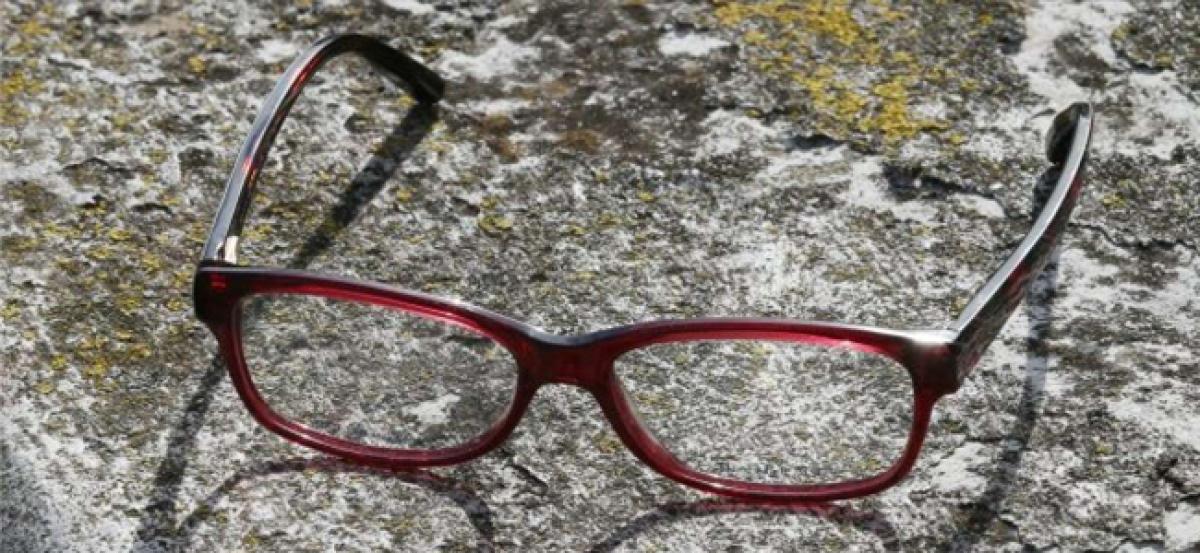Live
- Vijay Diwas: Assam Rifles organises Half Marathon in Tripura
- Delhi HC to hear on Monday plea against suppression of CAG reports by CM Atishi
- Collaboration, innovation, PPP key to achieve 2047 goals: Jitendra Singh
- Portraits of National Leaders to be Unveiled in Karnataka Assembly Hall
- Kejriwal's claims on vision for development ridiculous: Delhi BJP
- One nation, one election need of the hour: Mukhtar Abbas Naqvi
- Educational Trips in South Kanara Put on Hold Following Murudeshwar Drowning Incident
- Karnataka Temple Embraces Mechanical Elephant for Cruelty-Free Ceremonies
- Temple modelled after Ram Mandir to be constructed in US
- Property dealer shot dead in broad daylight in Ranchi









